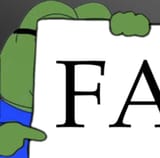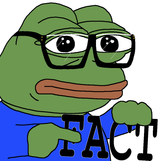>>213713514
- 175g sugar
- 120g melted butter
- zest of one lemon
- 3 eggs
- 150g flour
- 80g lemon juice (2 small lemons)
- 1/2 teaspoon baking powder
For the icing :
- 25g lemon juice
- 130g icing sugar
Preheat the oven to 170°C
- Briefly mix the sugar and melted butter together. Do not let the mixture turn white
- Remove the zest from the lemon, taking care not to touch the zist (the white part)
- Add the lemon zest, then the eggs one by one. Then stir in the flour, baking powder, and lemon juice
- Pour the mixture into a buttered cake tin
- Bake for 30 to 45 minutes. To check if the cake is cooked, insert a knife into the center of the cake. It should come out dry
- Unmold and wrap the cake in cling film until it cools. This will preserve the cake's moisture content and softness
- Prepare the glaze by whisking together the powdered sugar and lemon juice
- Place the cake on a wire rack and cover with the frosting. Let it sit for a few minutes until the frosting hardens,, pic
 8/11/2025, 7:40:49 PM
No.213710480
>>213710718
>>213710790
>>213713514
>>213714981
>>213718055
8/11/2025, 7:40:49 PM
No.213710480
>>213710718
>>213710790
>>213713514
>>213714981
>>213718055





